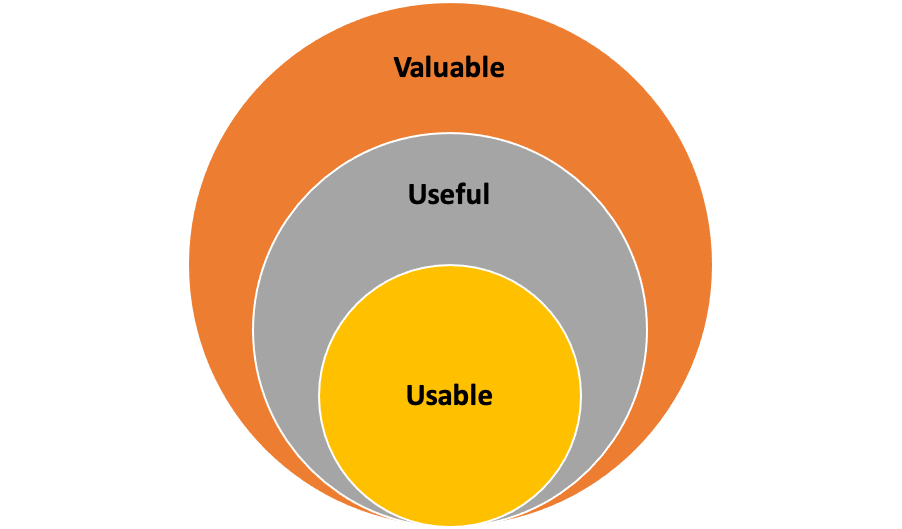“Scrum would never work for us here.”
It’s a phrase I’ve heard countless times, and it often reflects a deeper resistance to change or a misunderstanding of what Scrum truly is. While it’s true that Scrum isn’t a one-size-fits-all solution, it’s an incredibly powerful framework for teams focused on product delivery. When implemented correctly, Scrum can transform how teams work, prioritise, and deliver value.
So, why do so many teams struggle with Scrum?
Coaching
These blogposts are my opinions from reflections on topics relating to my current area of interest - Enterprise Agility, Leadership, Entreprenuership, Personal Development and Complexities of Africa.
Most Teams that regularly run a Sprint Retrospective use the dreaded quadrant, What worked well, What Didn’t work Well, Ideas and Actions (and variants of this quadrants). I am sure your team has used this format many times. I coach Scrum Masters and their team to always prepare for Sprint Retrospective, and part of planning is observing the team all through the Sprint and experiment with different formats for running the Sprint Retrospective.
In the 2020 version of the Scrum Guide, the Developers as one of the accountabilities in Scrum is defined as set of people that are committed to creating any aspect of a usable increment each Sprint.
In the same version of the Scrum Guide, it is mentioned that the Scrum Team is accountable for creating a valuable, useful Increment every Sprint.
A number of people have asked me if Usable, Valuable and Useful could be used interchangeably within the context of Scrum and this is my attempt to document my understanding.
The process of ideating and developing products (including software products) falls within the domain of Complex Systems. A complex system is a dynamic network of interactions, where the behaviour of the system as a whole may not be predictable based on the behaviour of its component. A model such as the Cynefin Framework which was developed by David Snowden has helped with our understanding of complexity and our approach to addressing complex real world problems.
A very long time ago, I was coaching a Scrum team where a team member was on an hourly contract and was regularly billing 70-80hrs a week. Among many other ideas that I discussed with client, I advised my client was to transition this consultant away from an hourly contract to a full time with a full-time (40hours a week) contract. With this new arrangement, my client can recruit two full time consultants instead of one person at 70-80hrs week.





